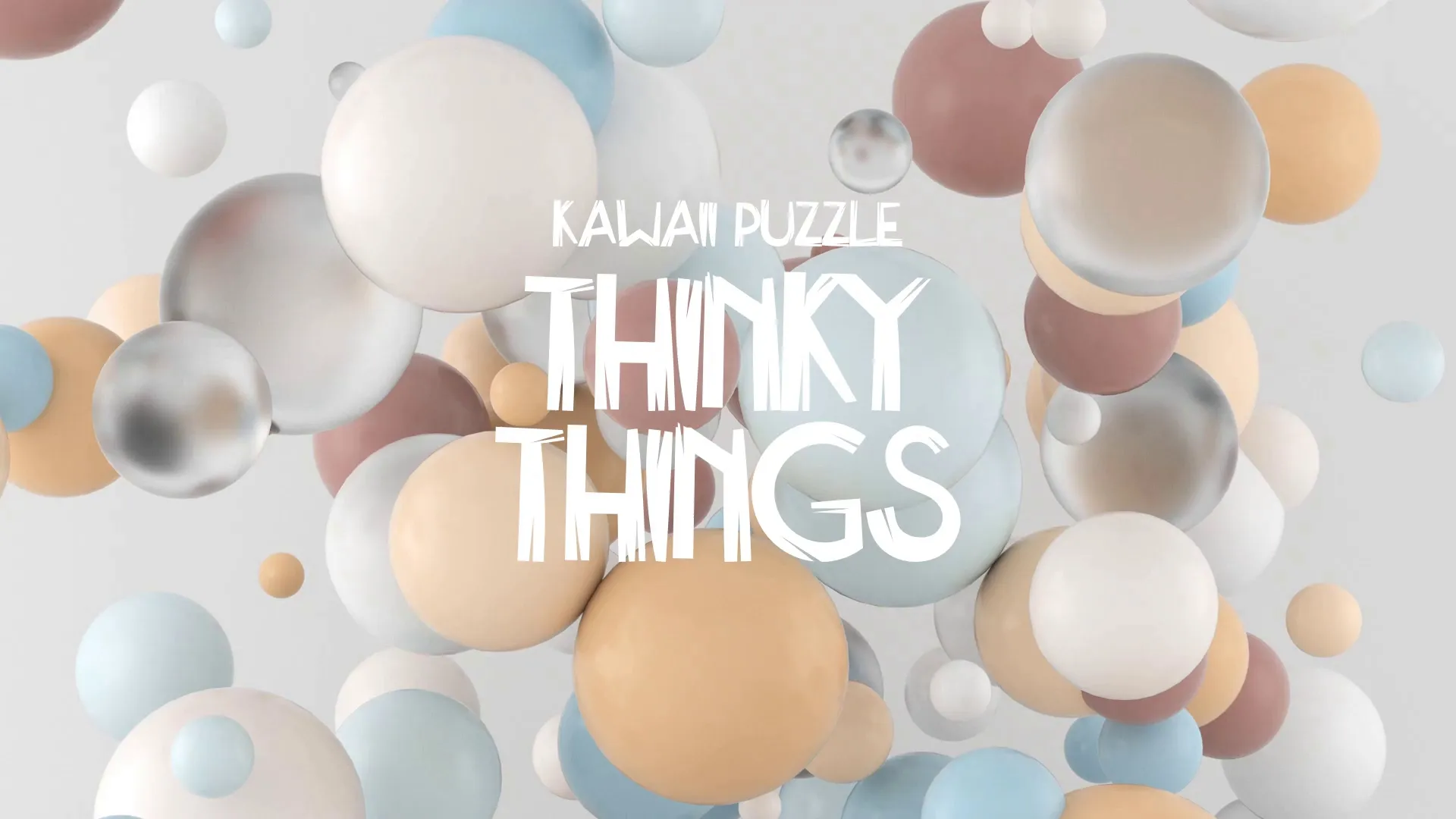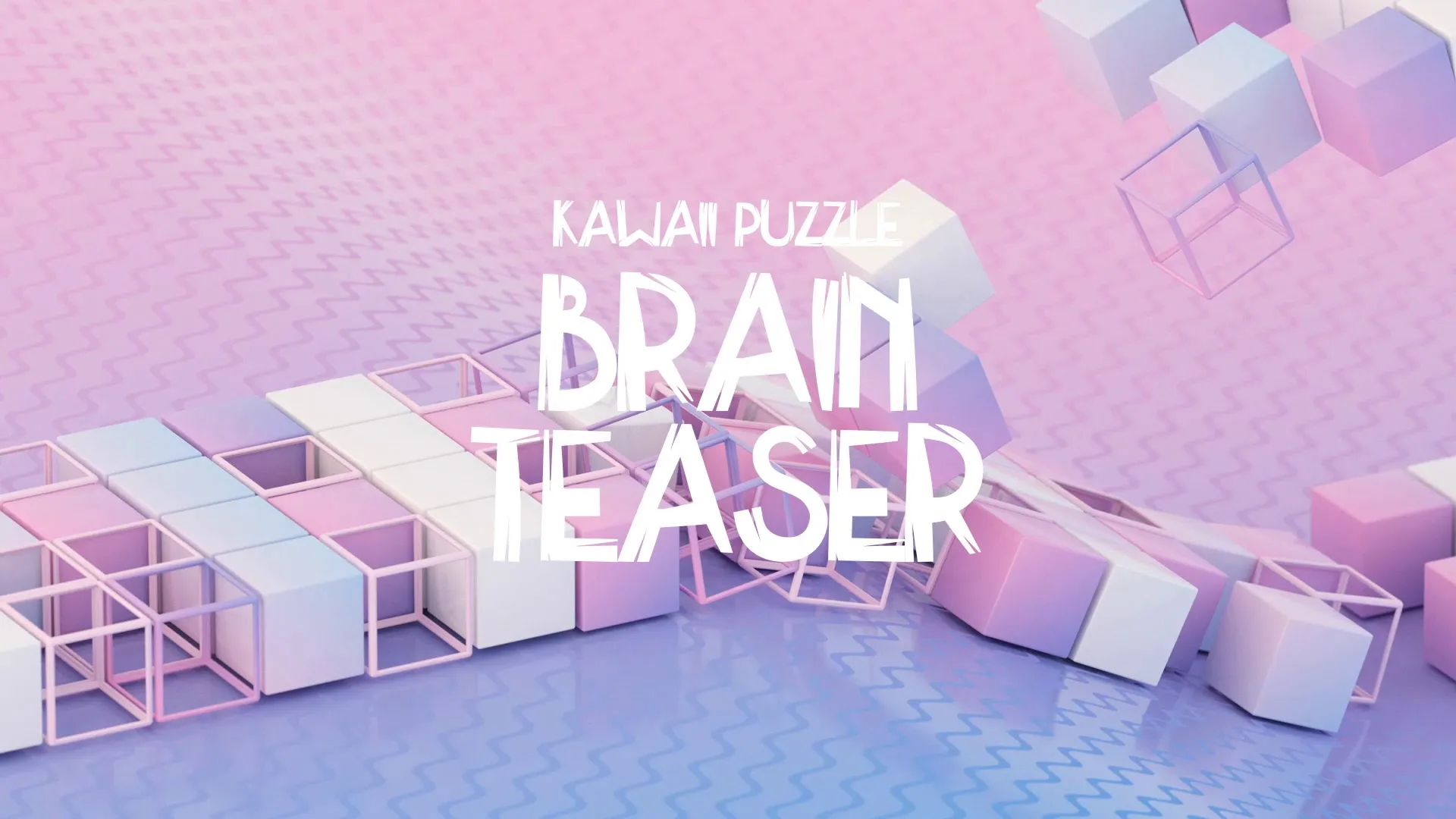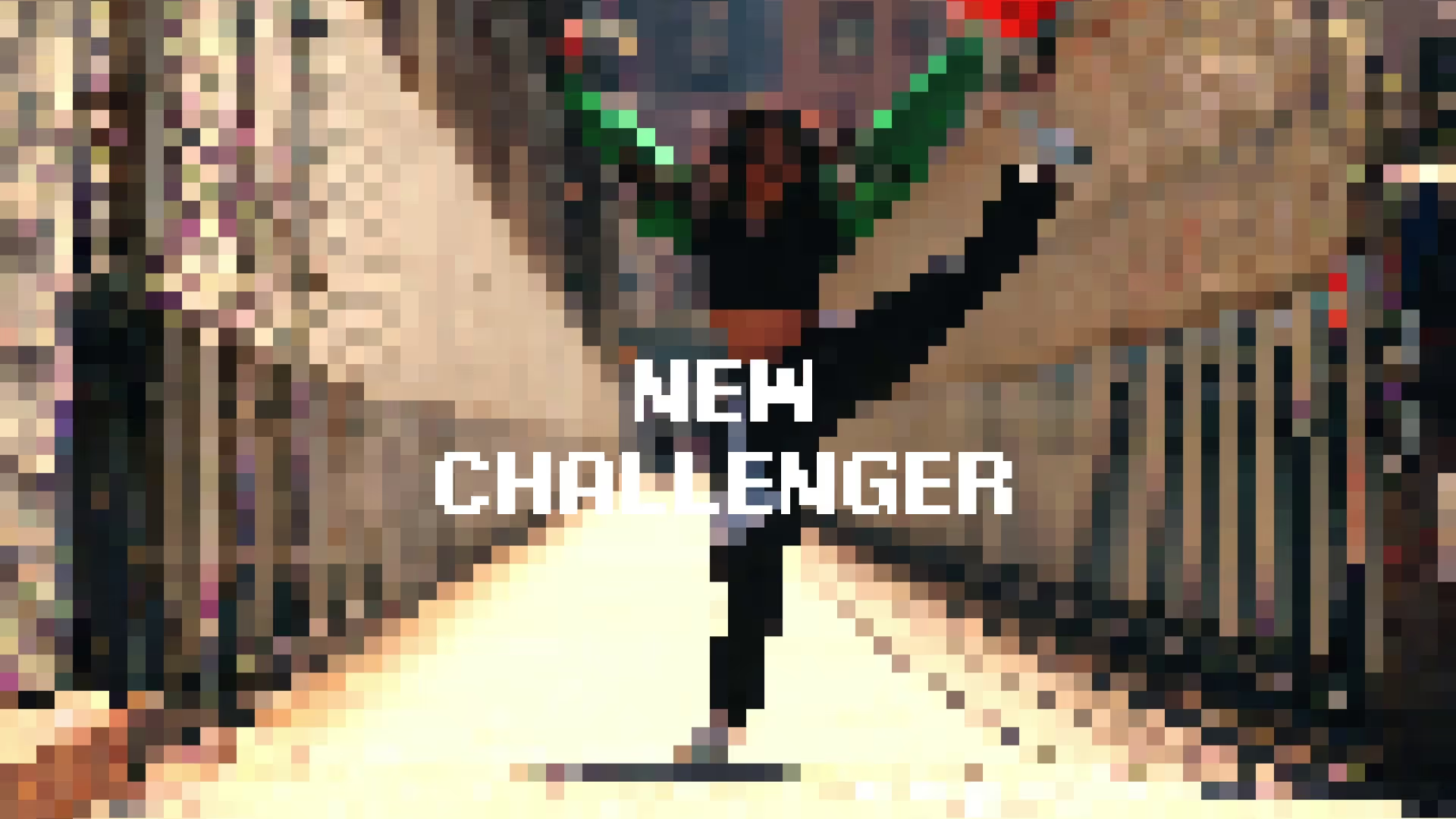How to Use AI in Game Development Legally & Ethically: A Guide for Indie Devs
How to Use AI in Game Development Legally & Ethically: A Guide for Indie Devs
Integrating AI into game development workflows presents powerful opportunities for indie developers. However, navigating the legal and ethical landscape of AI tools is crucial for long-term success and avoiding costly pitfalls.
This guide provides a direct approach to understanding and implementing AI responsibly in your projects.
Understanding Intellectual Property in AI-Generated Content
The most significant legal challenge with AI in game development is intellectual property (IP) ownership. The current legal framework for AI-generated content is still evolving, creating ambiguity for creators.
When using AI tools, understand who owns the output: you, the AI provider, or neither. Many AI services claim broad licenses to your inputs and outputs, which can complicate your game’s IP.
Always review the terms of service for any AI tool you use, especially for commercial projects. If the terms are unclear, assume the output might not be fully yours.
To mitigate risk, consider using AI for ideation and inspiration rather than direct asset generation for core game elements. Tools like Wayline’s Ignite can generate endless game ideas, providing a creative spark without direct IP concerns over the final product.
For visual assets, if you use an AI concept art generator like Wayline’s Canvas, treat the AI output as a starting point. Redraw, heavily modify, or use it as a reference to create your unique assets. This ‘human in the loop’ approach strengthens your claim to originality.
Be aware of the training data used by AI models. If an AI was trained on copyrighted material without proper licensing, using its outputs could expose you to infringement claims.
Some AI services now offer indemnification for commercial users, providing a layer of protection against copyright lawsuits. Prioritize these services if direct commercial use of AI-generated assets is essential.
Data Privacy and AI in Game Development
AI tools often require data input, which raises data privacy concerns. As an indie developer, you must protect your own data and any user data your game might collect.
When using AI for game development, be cautious about feeding sensitive or proprietary information into public AI models. This data could be used to train future models, potentially exposing your unique ideas or assets.
If your game incorporates AI features that collect user data, ensure compliance with privacy regulations like GDPR or CCPA. Be transparent with players about what data is collected and how it’s used.
Implement robust data security measures to protect any data processed by AI systems within your game. This includes anonymization and encryption where appropriate.
Create a free account, or log in.
Gain access to free articles, game development tools, and game assets.























